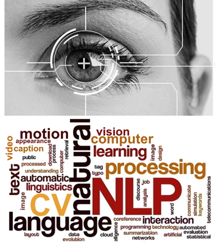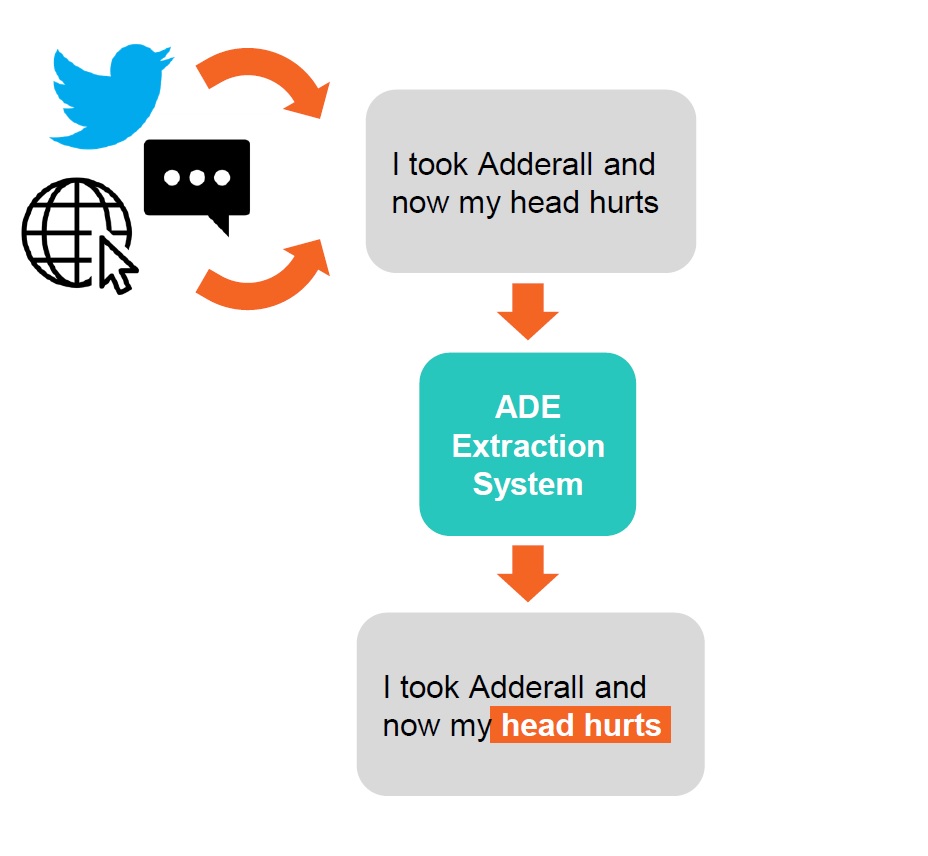Marcella Cornia – Giovani ricercatori 2020 Award

Congratulations to the PhD Marcella Cornia for being awarded the Young Researchers Arward for Artificial Intelligence and Computer Vision, obtained thanks to her paper “Predicting Human Eye Fixations via an LSTM-based Saliency Attentive Model”, written in collaboration with Professor Giuseppe Serra (AILAB-Udine). Featured articles: – Young Researchers Award 2020 – Marcella Cornia’s achievement: link 1, link 2 – Marcella’s collaboration with the AILAB-Udine – The winning paper
Video Question Answering

Video Question Answering (VideoQA) is a task that requires to analyze and jointly reason on both the given video data and a visual content-related question, to produce a meaningful and coherent answer to it. Solving this task would approach human-level capability of the model to deal with both complex video data and the visual contents-related textual data, since it would require to learn to isolate and pinpoint objects of interest in video, to identify and reason about their interactions in both spatial and temporal domains, while finding the essential bindings with the given question. Thus, VideoQA represents a challenging task at the interface between Computer Vision and Natural Language Processing (NLP). Modern approaches to this task involve a wide selection of different techniques, such as: temporal attention and spatial attention, in order to learn which frames and which regions in each frame are more important to solve the task; given the multimodal nature of the data, cross-modality fusion mechanisms, question-answer-aware […]
Adverse Drug Events (ADE) Extraction

Regulators, such as the Food and Drug Administration (FDA) and the European Medicine Agency (EMA), approve every year dozens of drugs, after verifying their safety and therapeutic effectiveness in clinical trials. Sometimes, however, clinical trials are not sufficient to discover all potential Adverse Drug Events (ADE). Pharmacovigilance, therefore, monitors the drugs in the market to ensure that unexpected effects are immediately identified and actions are taken to minimize their harm. This process relies on formal reporting methods, such as physician notes. However, a constantly growing number of patients prefers to describe the side effects on social media platforms, health forums and similar outlets. Patients have started reporting Adverse Drug Event (ADE) on social media, health forums and similar outlets, often utilizing informal language. Given the need to monitor these sources for pharmacovigilance purposes, systems for the automatic extraction of ADE are becoming an important research topic in the NLP community. Recent shared tasks on the topic of ADE extraction have […]
Predictive Maintenance

The remaining useful life (RUL) estimation of a component is an interesting problem within the Prognostics and Health Management (PHM) field, which consists in estimating the number of time steps occurring between the current time step and the end of the component life. Being able to reliably estimate this value can lead to an improvement of the maintenance scheduling and a reduction of the costs associated with it. Data driven approaches are often used in the literature and they are the preferred choice over model-based approaches: in fact, not only they are easier to build, but the data over which they are built can be gathered easily in many industrial applications. During the last years, neural networks like Long Short-Term Memory (LSTM) and Convolutional Neural Networks (CNN) have found many applications in this area, this because of their suitability to uncover hidden patterns within the sensor data. In recent years a greater availability of high quality sensors and easiness of data […]